Blue Canyon Technologies to build Tomorrow.io constellation
Wednesday, 10 August 2022 03:11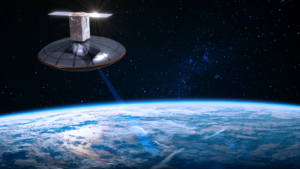
Blue Canyon Technologies won its largest constellation order to date, a contract with weather technology company Tomorrow.io.
The post Blue Canyon Technologies to build Tomorrow.io constellation appeared first on SpaceNews.
Blue Canyon Technologies to build Tomorrow.io microwave satellites
Wednesday, 10 August 2022 03:11
Blue Canyon Technologies won its largest constellation order to date, a contract with weather technology company Tomorrow.io.
The post Blue Canyon Technologies to build Tomorrow.io microwave satellites appeared first on SpaceNews.
NovaWurks reveals contracts, expansion plans and Space Legos
Wednesday, 10 August 2022 02:49
After a series of spaceflight demonstrations followed by years of secrecy, Novawurks is ready to talk contracts, customers and expansion plans.
The post NovaWurks reveals contracts, expansion plans and Space Legos appeared first on SpaceNews.
NovaWurks reveals contracts, expansion plans and Slego
Wednesday, 10 August 2022 02:49
After a series of spaceflight demonstrations followed by years of secrecy, Novawurks is ready to talk contracts, customers and expansion plans.
The post NovaWurks reveals contracts, expansion plans and Slego appeared first on SpaceNews.
Tracking debris and space traffic a growing challenge for U.S. military
Wednesday, 10 August 2022 00:04
Gen. James Dickinson, head uf U.S. Space Command, said space traffic management should be transferred to a civilian agency as soon as possible
The post Tracking debris and space traffic a growing challenge for U.S.
U.S. Space Command basing decision approaching final stretch
Tuesday, 09 August 2022 21:19
The head of U.S. Space Command said he expects a final decision to be made relatively soon on where the command will be permanently headquartered.
The post U.S. Space Command basing decision approaching final stretch appeared first on SpaceNews.
D-Orbit to deploy 20 Astrocast satellites over three years
Tuesday, 09 August 2022 20:57
Italy’s D-Orbit said Aug. 9 that it would launch 20 nanosatellites over three years for Swiss startup Astrocast with its orbital transfer vehicle.
The post D-Orbit to deploy 20 Astrocast satellites over three years appeared first on SpaceNews.
Maxar to supply 14 satellites for U.S. military missile-tracking constellation
Tuesday, 09 August 2022 20:32
Maxar Technologies announced Aug. 9 it was selected by L3Harris to manufacture 14 missile-detection satellites for the U.S. Space Development Agency.
The post Maxar to supply 14 satellites for U.S. military missile-tracking constellation appeared first on SpaceNews.
Aerospace develops lost-cost optical ground network
Tuesday, 09 August 2022 19:30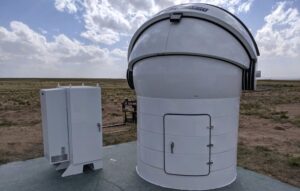
The Aerospace Corp. is establishing a network of remotely operated optical communications terminals to support existing and future small satellite missions.
The post Aerospace develops lost-cost optical ground network appeared first on SpaceNews.
Aerospace develops low-cost optical ground network
Tuesday, 09 August 2022 19:30
The Aerospace Corp. is establishing a network of remotely operated optical communications terminals to support existing and future small satellite missions.
The post Aerospace develops low-cost optical ground network appeared first on SpaceNews.
SpaceX sees continued strong demand for rideshare missions
Tuesday, 09 August 2022 18:59
SpaceX, whose rideshare services have reshaped the smallsat launch market, says it continues to see strong demand with missions booked into 2025.
The post SpaceX sees continued strong demand for rideshare missions appeared first on SpaceNews.
First of NASA's SunRISE SmallSats rolls off production line
Tuesday, 09 August 2022 18:30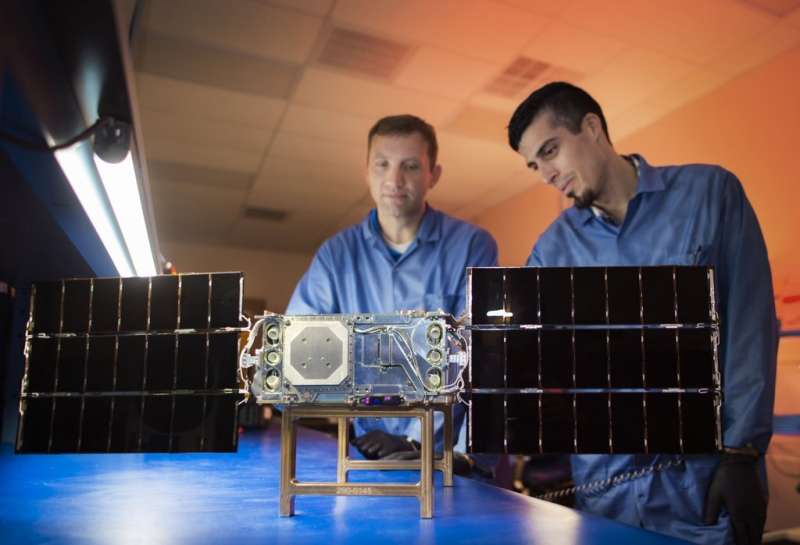
Six of NASA's SunRISE small satellites will work together, creating the largest radio telescope ever launched to detect and track hazardous explosive space weather events.
Building a 6-mile-wide (10-kilometer-wide) telescope in space may sound like science fiction. But through the combined power of six toaster-size satellites, that's what NASA's SunRISE will be: a huge radio telescope in orbit that will help deepen scientists' understanding of explosive space weather events.
Atlas Space Operations upgrades user interface to ease scheduling
Tuesday, 09 August 2022 18:14
Atlas Space Operations upgraded its user interface to make it easier for customers to schedule communications with their satellites and to quickly confirm whether data was transmitted.
The post Atlas Space Operations upgrades user interface to ease scheduling appeared first on SpaceNews.
Telespazio unveils product line for NewSpace market
Tuesday, 09 August 2022 18:09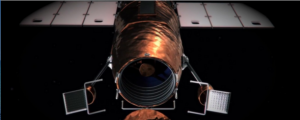
Telespazio is beginning to offer a family of products to help commercial space companies set up a digitized ground segment in the cloud.
The post Telespazio unveils product line for NewSpace market appeared first on SpaceNews.
Exposed! International Space Station tests organisms, materials in space
Tuesday, 09 August 2022 17:51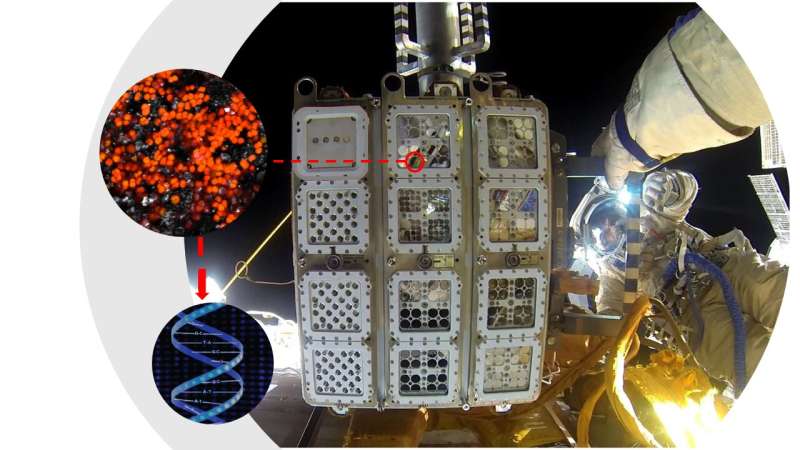
Space may look empty, but it contains extreme temperatures, high levels of background radiation, micrometeoroids, and the unfiltered glare of the sun. In addition, materials and equipment on the outside of the International Space Station are exposed to atomic oxygen (AO) and other charged particles as it orbits the Earth at the very edge of our atmosphere.

